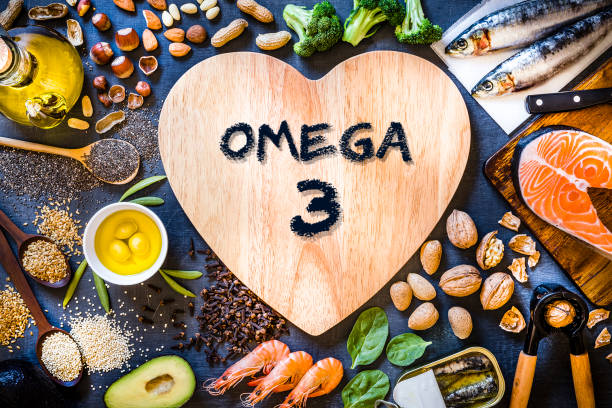An injury can occur whether you’re lifting weights, playing sports, training for a marathon or even just participating in a group class at Soul Cycle. No one wants to get injured but it does happen. A lot of injuries are minor and will heal over time. But some injuries can be serious and may require physical therapy or even surgery.
Sports Injuries
For the most part, the serious injuries occur when participating in a sport or training. If you fail to warm up properly, play contact sport, or train too hard you could be at risk of injury. Moreover, sports like basketball and football see more injuries than non-contact sports.
The most common sports injuries are:
- Sprain: This injury is a result of overstretching or tearing tissues or ligaments that connect at a joint such as the ankle.
- Strain: This injury is a result of overstretching or tearing tendons or muscles that connect the bone to muscle.
- Stress fracture: These are tiny cracks in the bone that are a result of overuse or repetitive force.
- Broken bone: This is a partial or complete break in the bone caused by overuse, trauma or weakened bone.
- Dislocation: An injury may dislocate or force a bone out of its socket causing weakness and swelling.
- Concussion: This is a brain injury resulting from a blow, bump or jolt to the head.
How Food Helps You Recover from Injury
Food has a crucial role in energy production, metabolism, reducing inflammation, hemoglobin synthesis, bone mass maintenance and improving immunity. Getting proper nutrition helps you heal faster and your body will need more nutrients and calories in order to fight the loss of muscle mass and strength, a condition known as sarcopenia.
When you’re injured, your body will require more protein and energy to aid in the healing process. Here are the best food to eat when recovering from an injury:
Protein
Higher protein consumption is needed in order to heal the injury and maintain strength. Studies have found that increasing total protein intake results better outcomes on injury healing and muscle protein synthesis. Foods rich in protein are chicken, eggs, fish, turkey and steak. Dairy like cheese, yogurt and milk are also excellent protein sources. For plant-based protein go for beans, tofu, nuts, edamame, soy milk and tempeh.
Omega-3 Fatty Acids
Omega-3 fatty acids have anti-inflammatory properties and may be beneficial for sports injuries. Food that is rich in omega-3 fatty acids include salmon, mackerel, tuna, sardines, and cod liver oil as well as walnuts, soybeans, flaxseeds and chia seeds.
Vitamin D
Vitamin D is essential for bone health, as well as skeletal muscle growth, cardiopulmonary functions, immune response and inflammatory response. High levels of vitamin D are linked with reduced injury rates and improved sports performance. Vitamin D food sources include cod liver oil, swordfish, salmon, tuna, milk, orange juice, egg yolks, as well as fortified breakfast cereals.
Vitamin C
Vitamin C is responsible for clearing the neutrophils at the site of inflammation as well as help with collagen synthesis and secretion. When an injury occurs, vitamin C is depleted which is why supplementation may be necessary. The best sources of vitamin C are citrus fruits, berries, tomatoes, bell pepper, broccoli, Brussels sprouts and white potatoes.
Calcium
Calcium also works to maintain bone health, just like vitamin D. Foods rich in calcium are dairy, yogurt, cheese, fortified orange juice, edamame, tofu, canned sardines and almonds.
Zinc
Zinc boosts immunity and metabolism, as well as aid in anti-oxidative processes. Studies have found that Zinc is linked to physical performance in older adults. It helps prevent injuries as one ages. Food sources that are rich in zinc are: whole grains, oysters, dairy products, red meat, chickpeas, poultry and nuts.
Magnesium
Magnesium is essential for healing sports injuries by maintaining normal nerve and muscle functions, blood pressure, heart rhythm, blood glucose levels and bone integrity. It also stimulates proper calcium absorption. Foods rich in magnesium are black beans, nuts and seeds, lima beans, edamame, quinoa, dark chocolate, yogurt and spinach.
Learn more about magnesium’s benefits in helping you recover from injury here:
